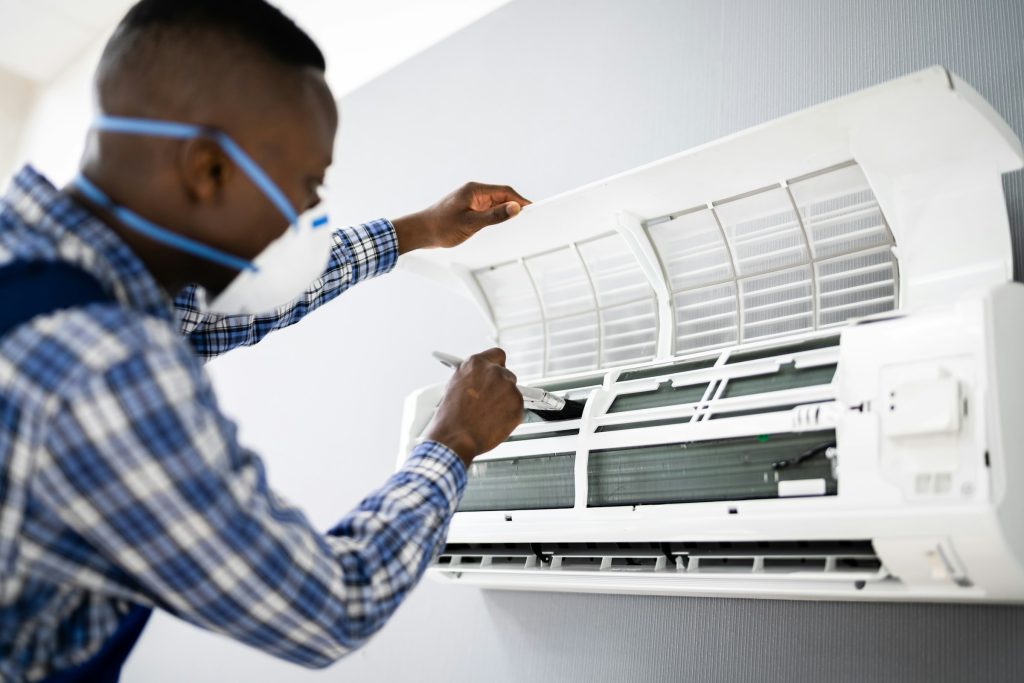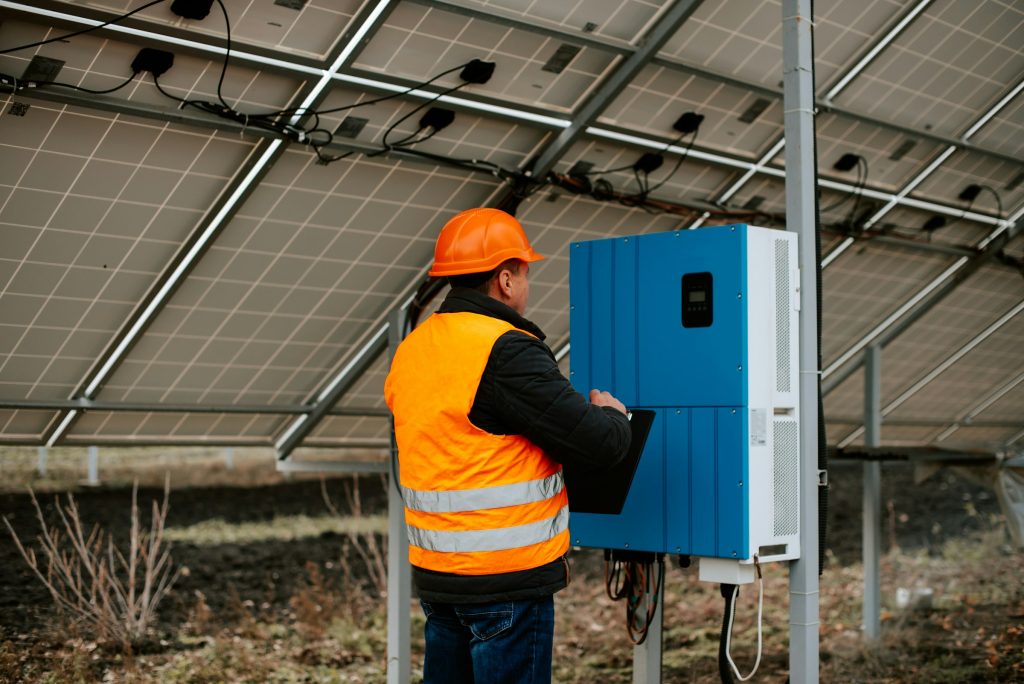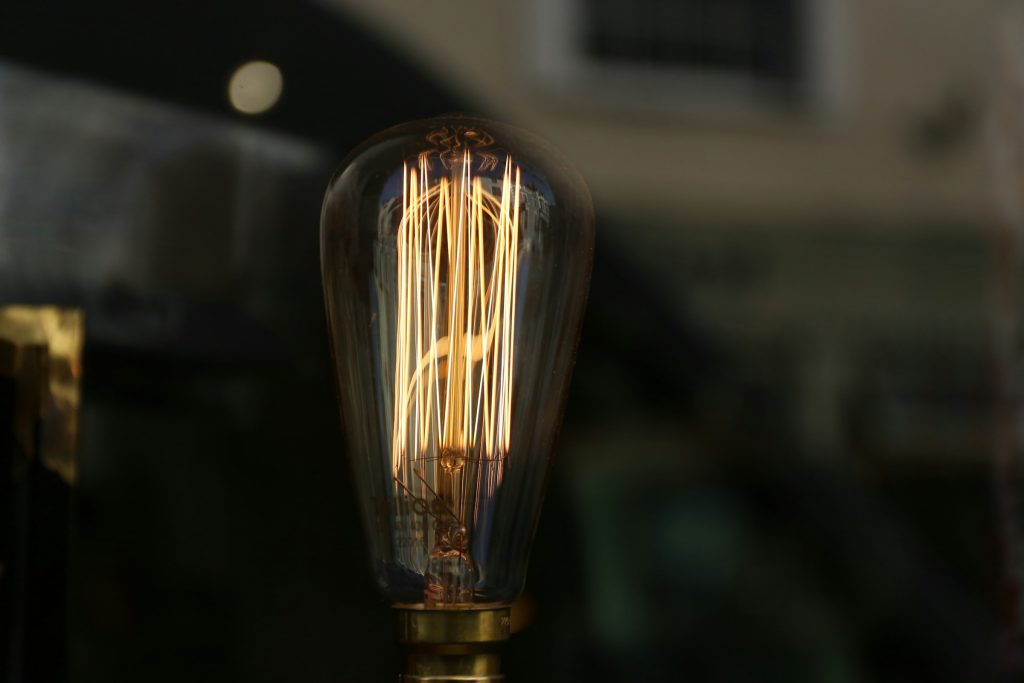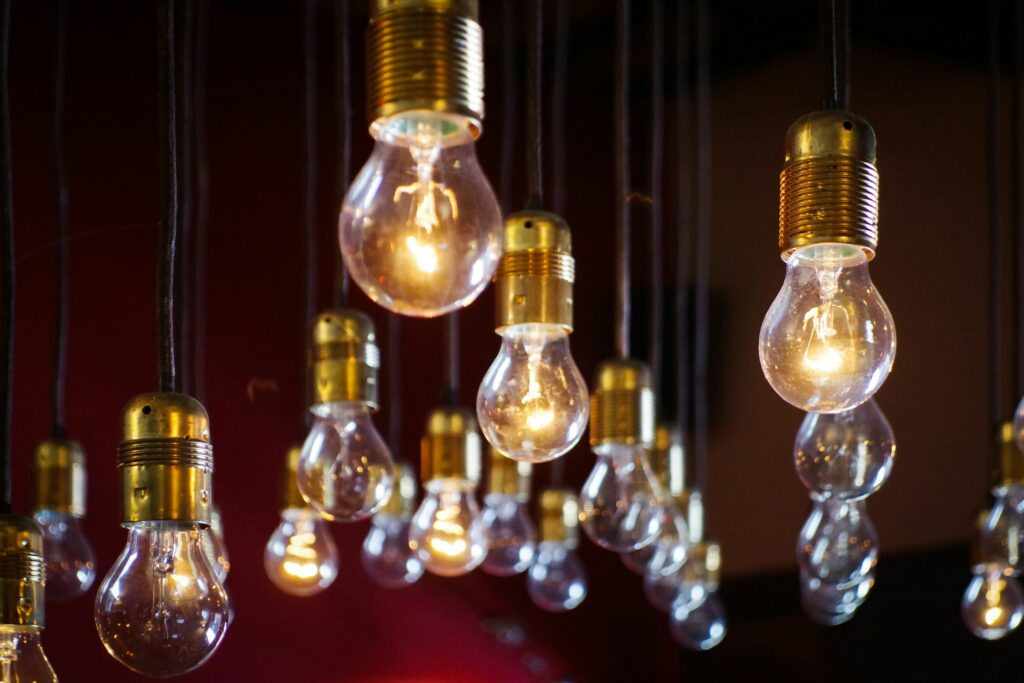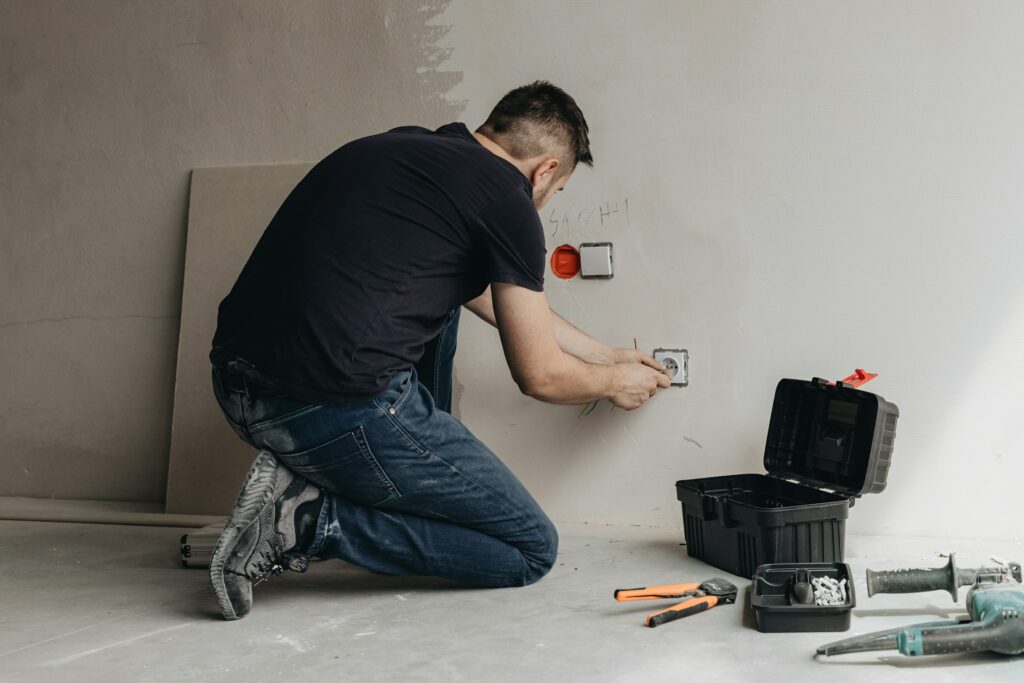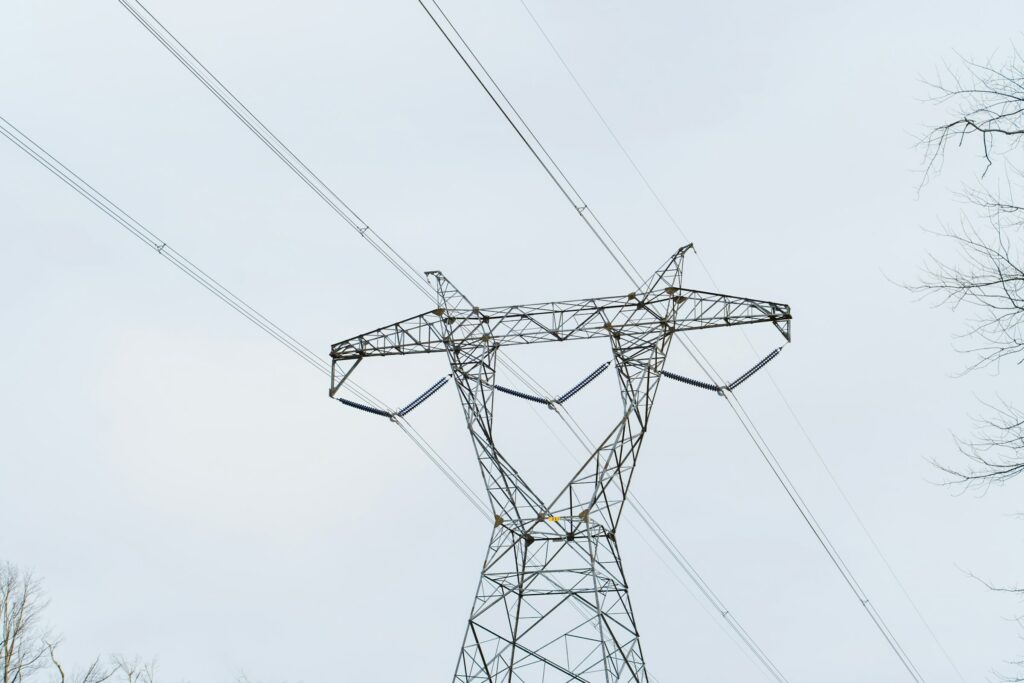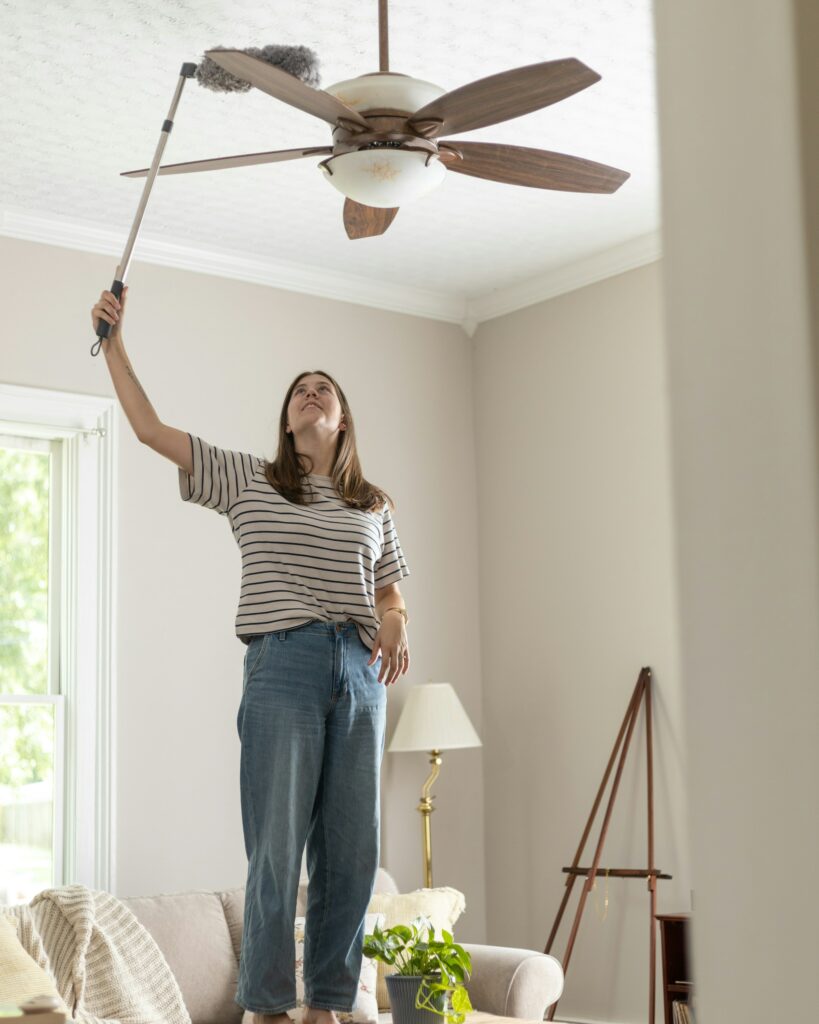When your air conditioner starts leaking water, it can be both concerning and frustrating, especially during Australia’s hot summer months. While some water discharge is normal during operation, excessive leakage can indicate underlying problems that need attention. So, let’s answer your question: “Why is my air conditioner leaking water?”
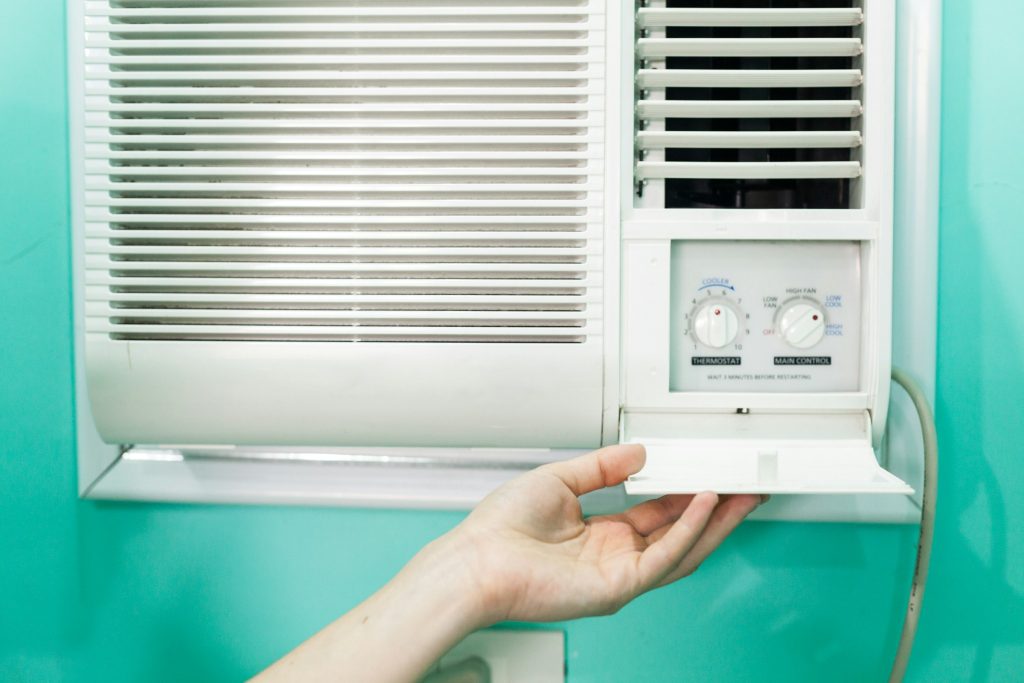
Understanding Normal vs. Problematic Leakage
A small amount of water dripping from your outdoor unit is typically normal, as air conditioners naturally produce condensation during operation. However, when you notice water pooling inside your home, stains on walls, or excessive dripping, it’s time to investigate the cause.
Why Is My Air Conditioner Leaking Water:
Clogged Drain Line
The condensate drain line is your air conditioner’s primary water evacuation system. Water backs up and overflows when this line becomes obstructed with dirt, dust, or debris. In Australian homes, small creatures like geckos can sometimes nest in these lines, creating stubborn blockages that require professional attention.
Dirty Air Filters
One of the most preventable causes of water leaks is dirty air filters. When filters become clogged, they restrict airflow to the evaporator coils, causing them to freeze. Upon thawing, these frozen coils produce excessive water that overwhelms the drainage system.
A severely dirty filter can drastically affect your system’s performance, potentially causing the unit to freeze completely and cease cooling effectively.
Impact of System Components
Faulty Drain Pan
The drain pan plays a crucial role in collecting condensation, but it can rust or develop cracks over time. These damaged pans fail to contain water properly, leading to leaks that can damage your home’s interior.
Refrigerant Issues
Low refrigerant levels create a cascade of problems. When refrigerant is insufficient, the evaporator coils can become too cold and freeze. This freezing creates excess water when the unit cycles off, overwhelming the drainage system and causing leaks.
Installation and Maintenance Factors
Professional installation prevents water leaks and ensures optimal air conditioning system performance. In Australia’s varied climate, proper installation becomes even more critical to handle the intense heat and humidity.
Common Installation Issues
Improper installation can manifest in several ways that lead to water leakage:
- Incorrect unit leveling causes condensation to flow in the wrong directions
- Improperly connected drain lines resulting in water backup
- Poor insulation around unit connections leads to condensation issues
- Inadequate mounting that affects drainage angles
Professional Installation Solutions
Down To The Wire, based in Australia, offers comprehensive air conditioning installation services that address these common issues. Their team brings over a decade of experience in precise air conditioning installation, ensuring systems are installed to maximize efficiency and safety. Their installation process includes:
- Detailed site assessment for optimal unit placement
- Precise leveling of indoor and outdoor units
- Professional connection of drainage systems
- Thorough testing of all components
Regular Maintenance Requirements
Preventive maintenance is crucial for avoiding water leaks. Without regular servicing, components can deteriorate, leading to:
- Blocked drainage systems
- Damaged drain pans
- Compromised seals
- Inefficient operation
Environmental Impact
High Humidity Conditions
In Australia’s humid climate, air conditioners work harder to remove moisture. This increased condensation production means proper drainage is especially important.
Broken Condenser Pump
The condenser pump is crucial for pushing condensed water into the drain pan. When it malfunctions, water accumulates and eventually leaks.
The Serious Consequences of Ignoring Air Conditioner Water Leaks
When water leaks from your air conditioning system, it’s more than an inconvenience. Ignoring these leaks can have far-reaching consequences, potentially devastating your property and your health.
Health and Environmental Impact
Moisture from persistent air conditioner leaks creates an ideal breeding ground for mould and mildew. These fungi can increase in damp conditions within 24-48 hours, releasing spores into your indoor air.
The presence of mould can trigger various health issues, particularly affecting those with respiratory conditions, allergies, or compromised immune systems. The impact on indoor air quality extends beyond mould growth. Excessive moisture can increase dust mite populations and create an environment where bacteria thrive, leading to a cascade of indoor air quality issues that affect your home’s overall healthiness.
Structural Deterioration
Water damage from air conditioner leaks can cause severe structural problems that worsen over time. When water seeps into walls, ceilings, and flooring, it can:
- Weaken drywall and plaster
- Cause wood rot in structural beams
- Deteriorate insulation effectiveness
- Create unsightly water stains
- Compromise the integrity of ceiling joints
System Performance and Energy Efficiency
A leaking air conditioner is often a symptom of underlying issues that affect the system’s performance. When your unit is struggling with water management, it typically works harder to maintain desired temperatures. This increased strain leads to:
- Higher energy consumption and utility bills
- Reduced cooling capacity
- Uneven temperature distribution throughout your home
- Premature wear on system components
Financial Implications
The financial impact of ignoring air conditioner leaks can be substantial. What might start as a minor repair can escalate into major expenses:
Immediate Costs:
- Water damage remediation
- Mold removal
- Replacement of damaged furnishings
- Emergency repairs
Long-term Financial Impact:
- Increased energy bills from inefficient operation
- Potential property value decrease
- Insurance claim complications
- Complete system replacement if damage becomes severe
Impact on Electrical Systems
One of the most dangerous consequences of water leaks is their potential effect on electrical systems. Water intrusion into electrical components can:
- Create fire hazards
- Cause short circuits
- Damage expensive control boards
- Necessitate complete electrical system overhauls
Property Value Considerations
Chronic water leaks can significantly impact your property’s value. Potential buyers are particularly wary of properties with a history of water damage, as it often indicates:
- Poor maintenance practices
- Hidden structural issues
- Potential mold problems
- Future repair costs
Essential Preventive Measures for Air Conditioner Water Leaks
Regular maintenance is the cornerstone of preventing air conditioner water leaks in Australian homes. A comprehensive preventive approach extends your unit’s lifespan and ensures optimal performance during intense summer months.
Professional Maintenance Schedule
Professional maintenance should be conducted at least once annually, ideally before the peak summer season. During these sessions, technicians perform crucial checks and services that include:
- Thorough inspection of drain lines and pans
- Cleaning of evaporator coils
- Testing of refrigerant levels
- Verification of electrical connections
- Assessment of overall system performance
Air Filter Maintenance Protocol
Air filter maintenance is perhaps the most critical yet straightforward preventive measure. Clean filters are essential for proper airflow and system efficiency. The recommended schedule varies based on usage:
- For regular household use: Clean or replace every 1-3 months
- For homes with pets: Monthly cleaning or replacement
- For properties in dusty areas: Bi-weekly inspection and cleaning as needed
Environmental Considerations
The area surrounding your air conditioning unit significantly impacts its performance. Maintaining a clean environment around your system involves.
A clear space of at least 60 centimetres around the outdoor unit to ensure proper airflow. Regular cleaning of the area to prevent debris accumulation that could enter the system. Trimming of nearby vegetation to prevent leaves and organic matter from interfering with the unit’s operation.
Refrigerant Level Monitoring
Proper refrigerant levels are crucial for preventing water leaks. Low refrigerant can cause evaporator coils to freeze, leading to water leakage when they thaw. Signs of low refrigerant include:
- Reduced cooling efficiency
- Ice formation on copper lines
- Unusual hissing sounds
- Higher than normal energy bills
Drain Line Maintenance
The condensate drain line requires regular attention to prevent blockages. A simple monthly maintenance routine includes:
To prevent algae growth, pour a cup of bleach or vinegar solution through the drain line every six months. Use a wet/dry vacuum to clear any existing blockages. Inspect the drain pan regularly for rust or damage.
Temperature Management
Proper temperature settings can help prevent excessive condensation:
- Set your thermostat to around 24 degrees Celsius during summer months for optimal efficiency.
- Avoid dramatic temperature changes that can cause excessive condensation.
- Use the auto fan setting rather than constant fan operation to allow proper moisture removal.
Conclusion
While common, water leakage from your air conditioner shouldn’t be ignored. Understanding the causes and taking prompt action can prevent costly repairs and maintain your system’s efficiency. Regular maintenance by qualified professionals is key to preventing these issues and ensuring your air conditioner operates optimally throughout Australia’s challenging climate. If you notice unusual water leakage, don’t hesitate to contact a licensed technician who can properly diagnose and resolve the problem.
Frequently Asked Questions:
Is it normal for my air conditioner to leak water?
Small amounts of water dripping from the outdoor unit are normal. However, indoor leaks or excessive water pooling indicate a problem.
Can I use my air conditioner if it’s leaking?
While possible, it’s not recommended. Turn off the unit until a professional can inspect it to prevent potential damage.
